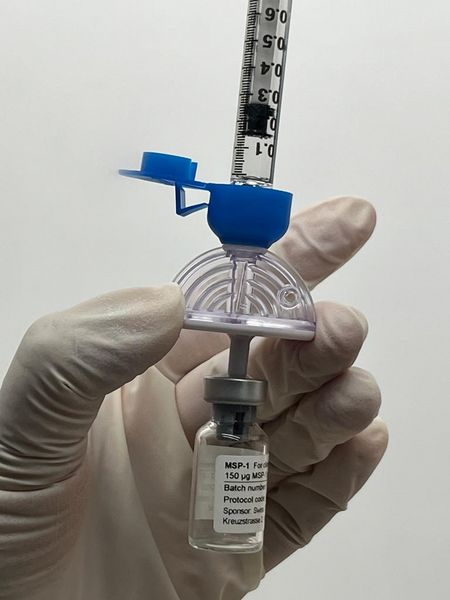SumayaVac-1 (SUM-101): Clinical Trial for New Malaria Vaccine
About Malaria
Despite being preventable and curable, malaria continues to pose a significant burden in tropical and subtropical regions. This life-threatening disease is transmitted to humans by specific types of mosquitoes, placing nearly half of the world's population at risk. The gravity of the situation is underscored by the fact that in 2023, the World Health Organization (WHO) estimated 263 million people were afflicted by malaria resulting in about 597’000 deaths. The WHO African Region remains the most heavily affected by malaria, accounting for an estimated 94% of global cases.
About the SumayaVac-1 Clinical Trial
The SumayaVac-1 study was a Phase Ib clinical trial for a new malaria vaccine, SumayaVac-1 (SUM-101), a collaborative effort between Sumaya Biotech GmbH & Co. KG, Swiss TPH, and the Ifakara Health Institute. This study involved healthy African adult volunteers living in a malaria-endemic setting, Bagamoyo, Tanzania.
The study objectives were to assess the vaccine's safety and its ability to generate an immune response against the malaria parasite. Forty participants split into two groups received three doses, approximately one month apart, of either the SUM-101 vaccine or a comparator (rabies vaccine). The SUM-101 vaccine is composed of the full length merozoite surface protein (MSP-1) expressed on merozoites (released during the liver stage of the parasite lifecycle) and a potent immune-stimulatory adjuvant called GLA-SE (Glucopyranosyl Lipid A Adjuvant-Stable Emulsion). The vaccine simultaneously targets the two crucial stages of the parasite’s infectious cycle, the liver and the blood stage.
The study was initiated in August 2023 and the duration for participants was 20 weeks. Follow-up visits were conducted at 4 and 5 months after the first vaccination to monitor the safety parameters in the participants and collect samples to measure the immune response.
Milestones
Thirty-seven (37) out of 40 participants received all 3 vaccinations. The last participant’s last visit was on 2nd April 2024. Blood samples were analyzed in laboratories at Ifakara Health Institute, Swiss TPH and the University of Heidelberg. The results of the study were published in The Lancet’s eClinicalMedicine.
The SumayaVac-1 study was conceived after completion of the Phase Ia study in Heidelberg, Germany showed promising results in malaria-naïve adult Caucasian volunteers. The Phase Ib study investigated if the immune responses in participants living in a malaria-endemic country would be strong enough to contribute to the immunological defense of a malaria infection.
Relevance of the Study
If the SumayaVac-1 (SUM-101) vaccine is proven safe and in later studies effective, a new vaccine could help protect millions of children and adults from getting a malaria infection, especially in malaria endemic countries such as those in sub-Saharan Africa.
RTS,S and R21 are both first generation malaria vaccines targeting the circumsporozoite protein. While these vaccines have the potential to reduce morbidity and mortality, a higher vaccine efficacy would be desirable. Next generation malaria vaccines might be a combination of two or more protein components derived from different malaria developmental stages that ultimately would result in a higher protection against malaria disease and death.
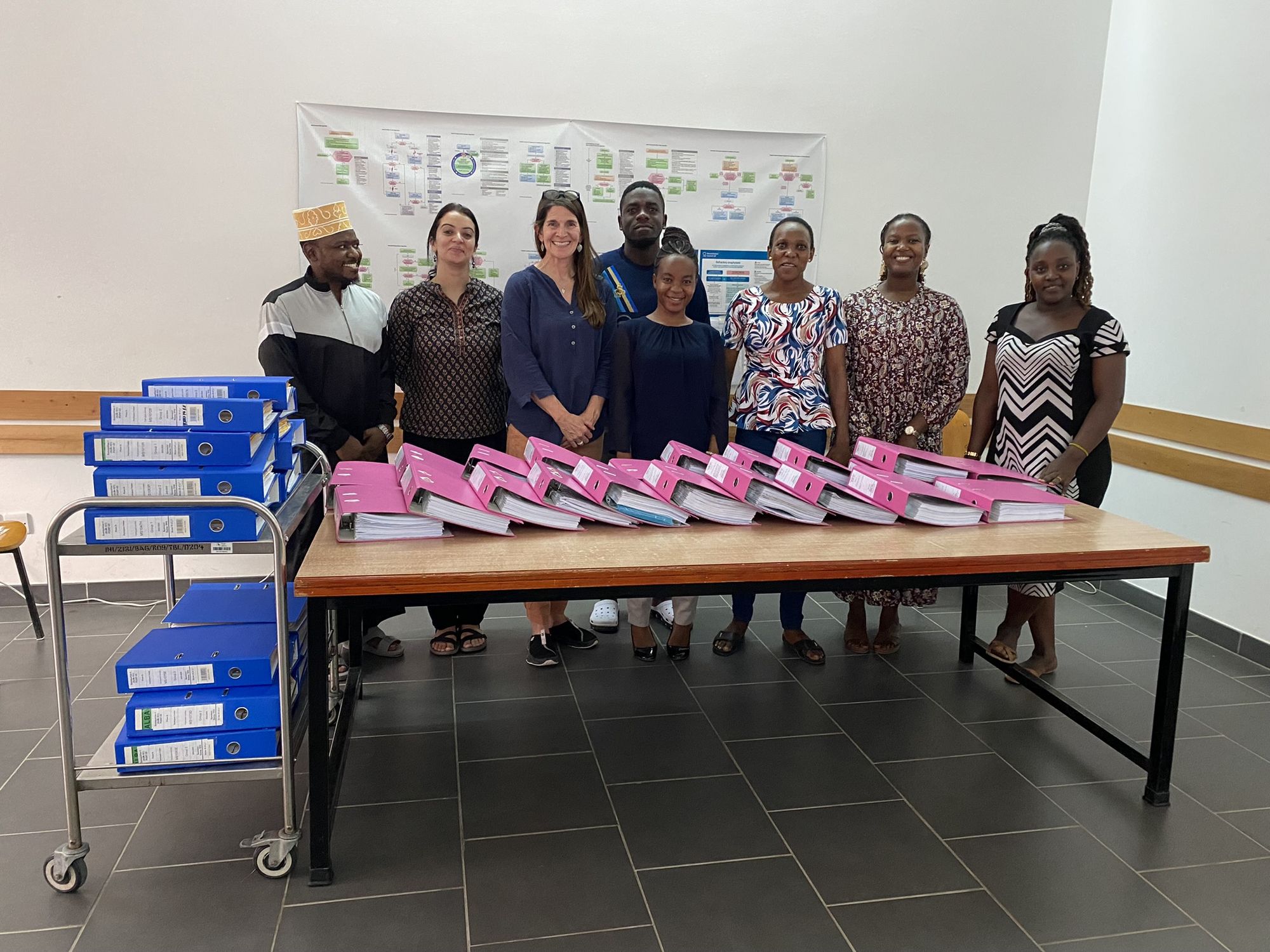
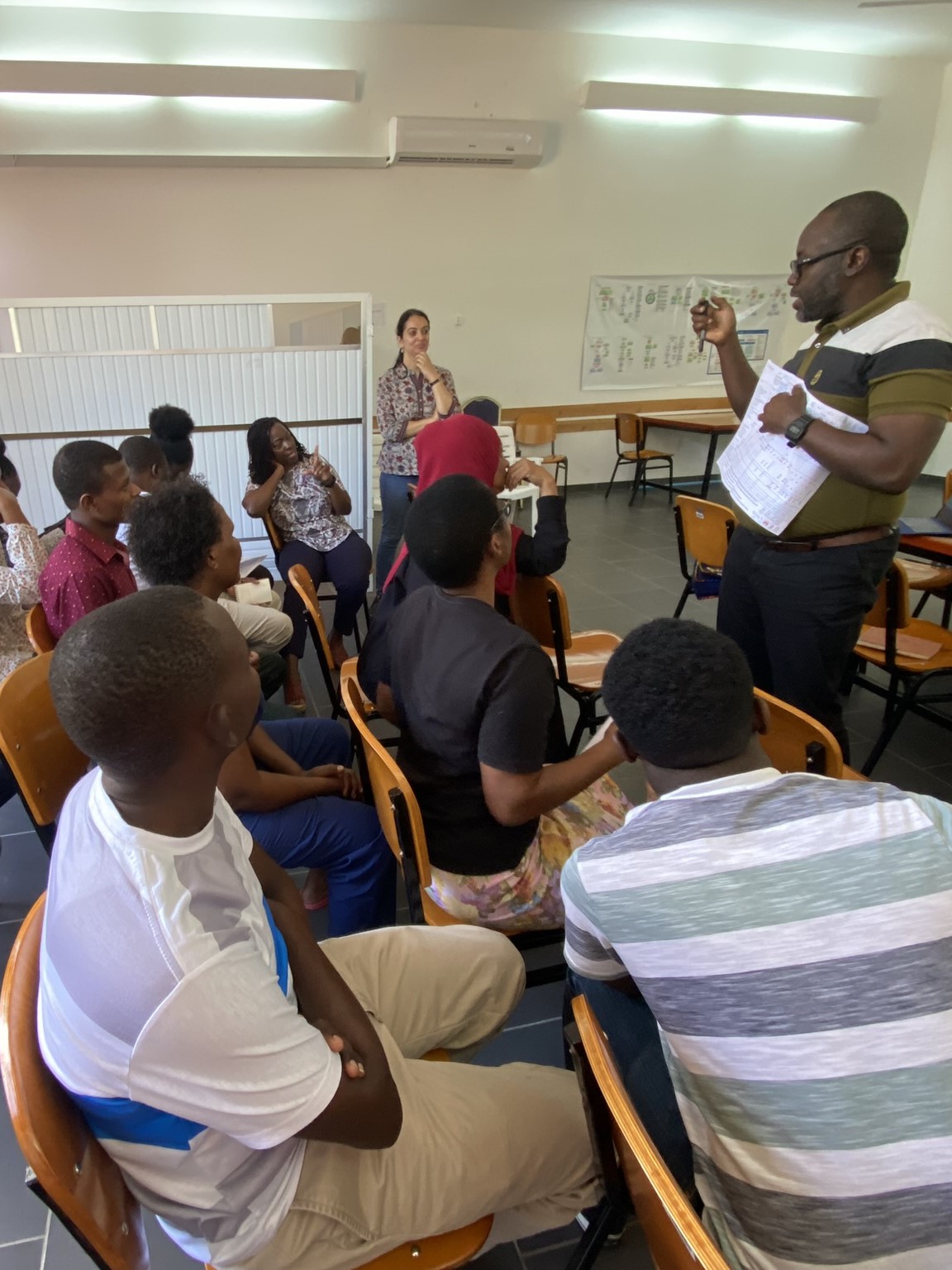
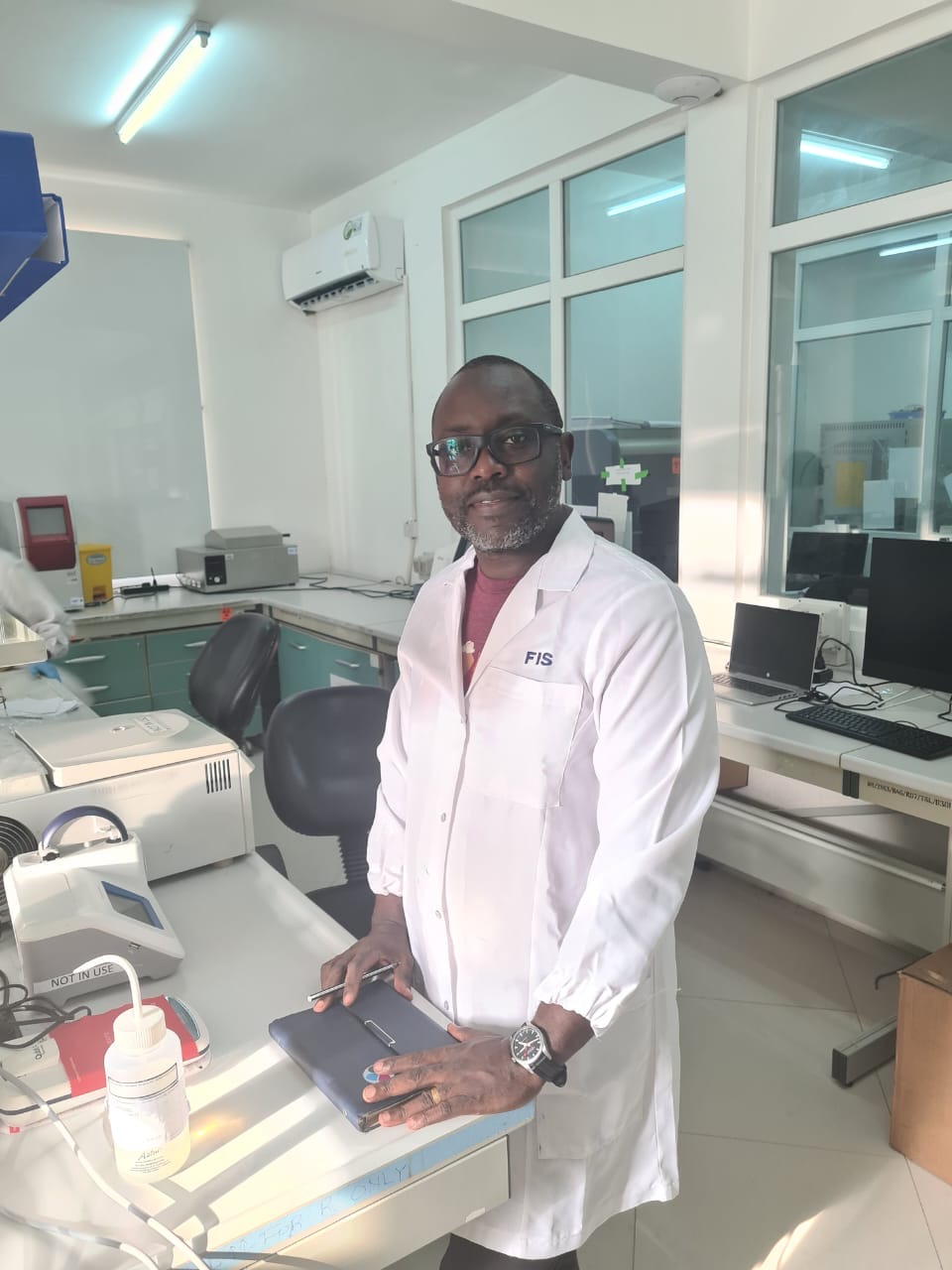
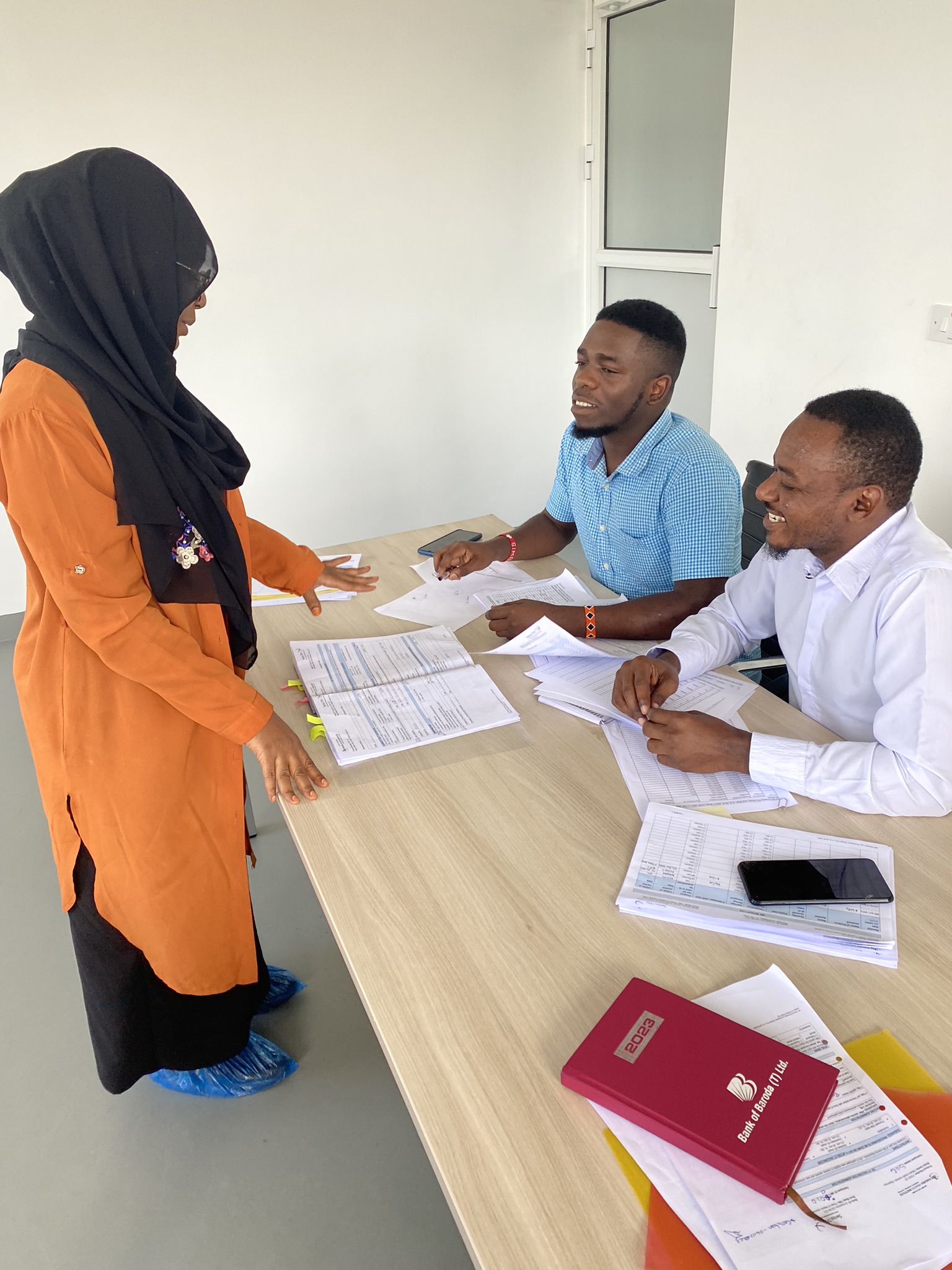
Partner Organisations
Swiss TPH - Swiss TPH was the sponsor of the study. The Clinical Trial Operations Unit (COU) within the Department of Medicine at Swiss TPH was responsible for the operational management of the study and Prof. Dr. Claudia Daubenberger from the Clinical Immunology Unit (CI) of the Medical Parasitology and Infection Biology Department (MPI) was the scientific lead and sponsor representative.
Sumaya Biotech GmbH & Co. KG - A clinical stage biotech company and the industrial sponsor, Sumaya Biotech provided the funding for the clinical trial, supported by the EU Malaria Fund (EUMF). Sumaya Biotech, located in Heidelberg, Germany, is focused on developing preventive and therapeutic interventions to fight malaria based on the research of Professor Dr. Hermann Bujard and Prof. Michael Lanzer, both associated with the University of Heidelberg. Sumaya Biotech developed the MSP-1 component of the vaccine.
Access to Advanced Health Initiative (AAHI) - AAHI is a non-profit biotech research institute focused on creating accessible health solutions for underserved communities around the world. AAHI developed the adjuvant (GLA-SE) used in the vaccine.
Ifakara Health Institute (IHI) - IHI, a leading African health research institute, conducts diverse biomedical, environmental studies, drug/vaccine trials, health-systems research, and monitoring and evaluation. Bagamoyo Clinical Trial Facility is the clinic site performing the clinical trial with Dr. Ally Olotu as the study principal investigator.
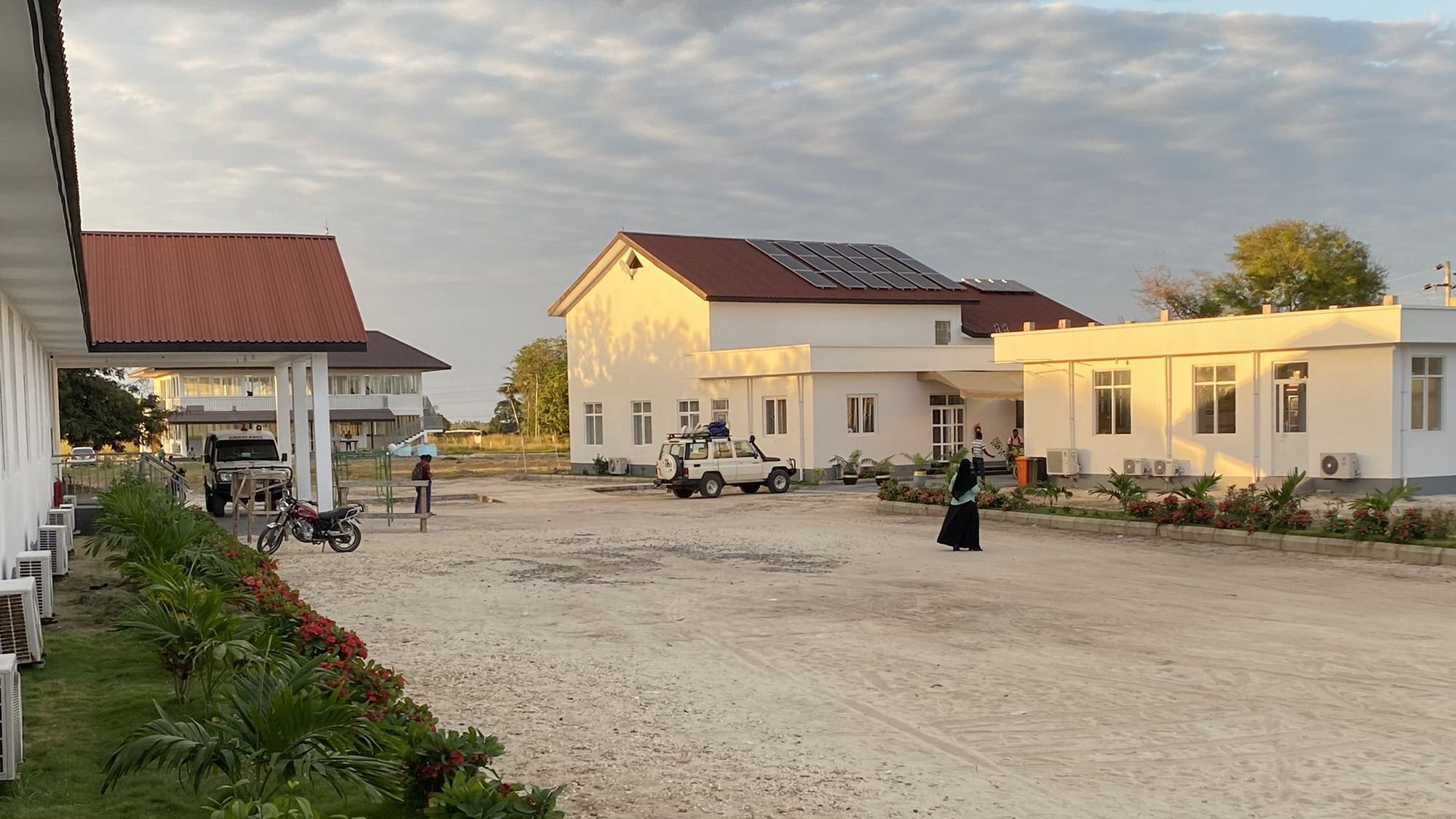
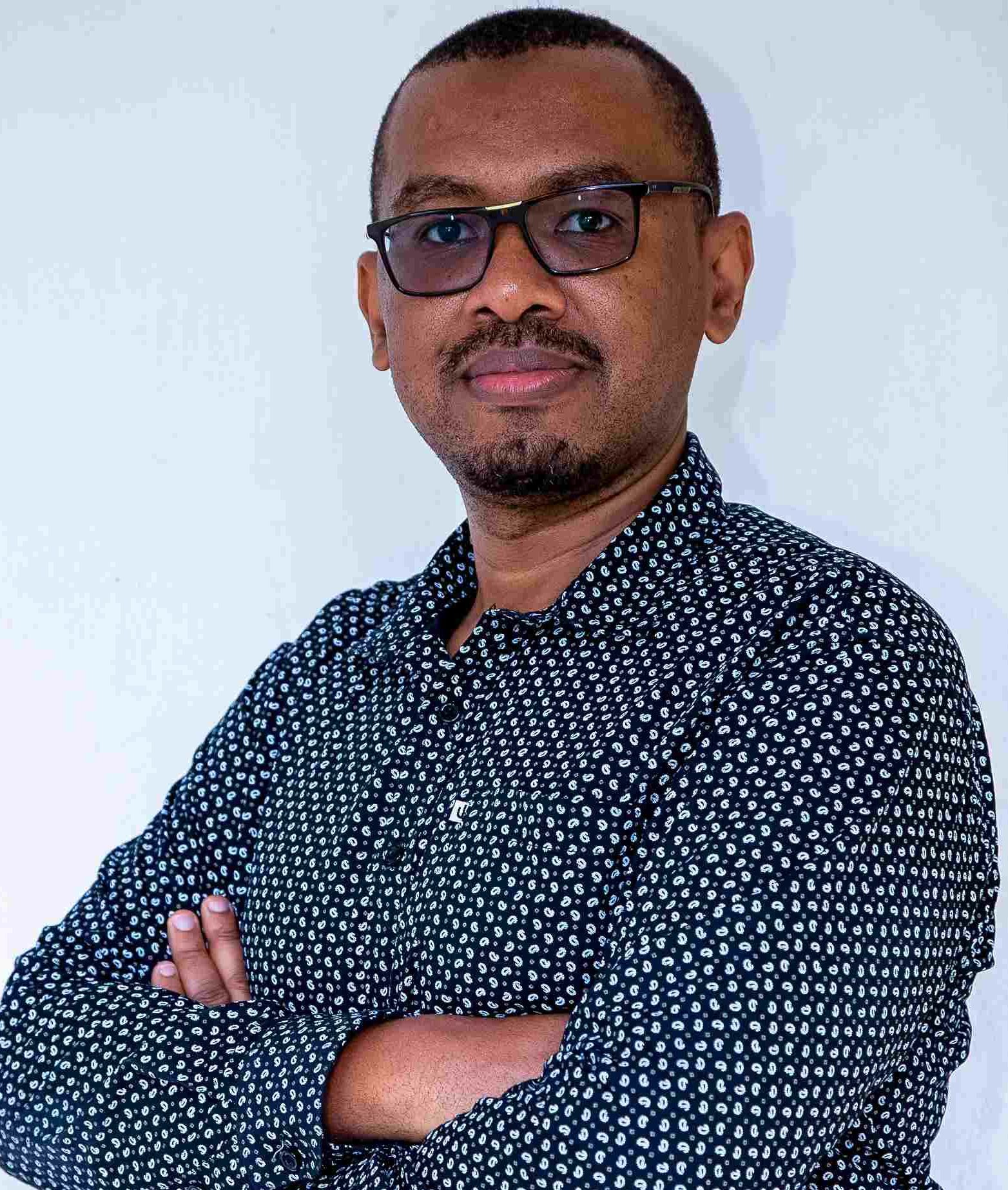
Swiss TPH’s Expertise in Clinical Trials
